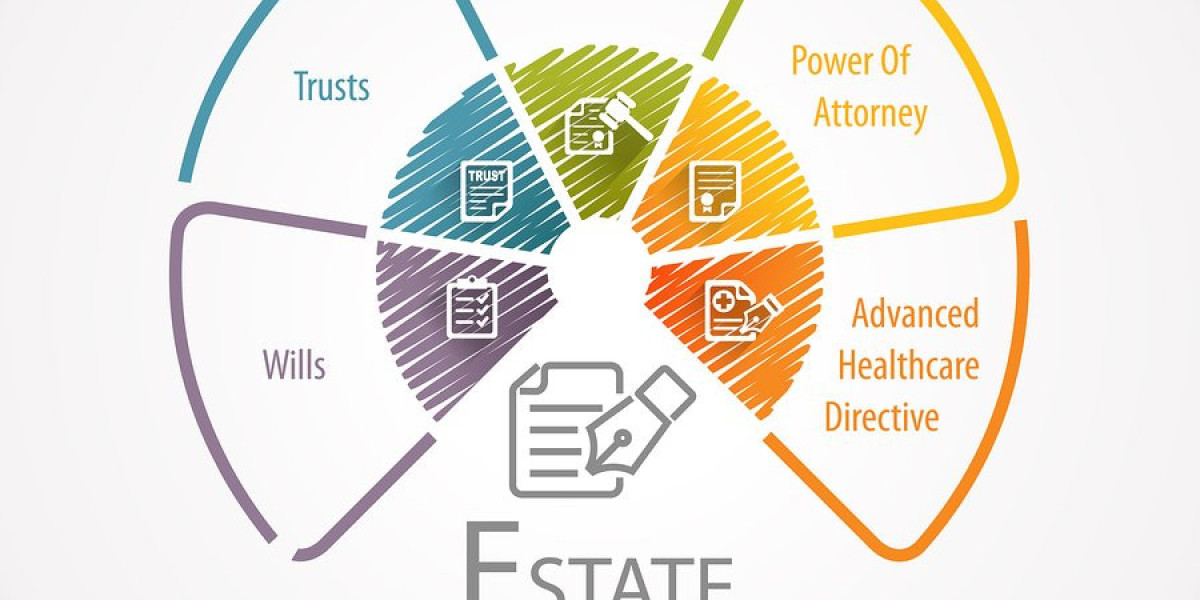In the journey of life, one of the most crucial yet often overlooked aspects is planning for the inevitable – what happens to our assets and cherished possessions after we're gone. Legacy estate planning isn't just about distributing wealth; it's about preserving your values, securing your family's future, and leaving a lasting impact. Here's a comprehensive guide to help you navigate the intricate realm of legacy estate planning.
1. Understanding Legacy Estate Planning
Legacy estate planning goes beyond drafting a will. It involves a meticulous strategy aimed at preserving and distributing your assets in alignment with your values and intentions. Whether you're a business owner, philanthropist, or a family-oriented individual, effective estate planning ensures that your wishes are carried out, mitigates potential conflicts, and minimizes tax liabilities.
2. Identifying Your Goals
Before delving into the technicalities of estate planning, take the time to reflect on your objectives. Do you prioritize providing financial security for your loved ones? Are you passionate about supporting charitable causes? Or perhaps you aim to minimize estate taxes to maximize the inheritance for your heirs? Clearly defining your goals will serve as a compass throughout the planning process.
3. Crafting a Comprehensive Plan
A well-rounded estate plan typically consists of several key components:
Will: A legally binding document that outlines how your assets will be distributed upon your death. It also allows you to appoint guardians for minor children and specify funeral arrangements.
Trusts: Trusts offer flexibility and control over the distribution of assets. They can help avoid probate, provide for dependents with special needs, and even facilitate charitable giving.
Power of Attorney: Designating a power of attorney grants someone the authority to make financial or healthcare decisions on your behalf if you become incapacitated.
Healthcare Directives: These documents, such as a living will or healthcare proxy, communicate your wishes regarding medical treatment in case you're unable to express them yourself.
4. Maximizing Tax Efficiency
Estate taxes can significantly diminish the value of your legacy. Implementing strategies to minimize tax liabilities, such as gifting assets during your lifetime, establishing irrevocable trusts, or utilizing estate tax exemptions, can preserve more of your wealth for future generations or charitable endeavors.
5. Communicating Your Intentions
Open and transparent communication with your family members and beneficiaries is paramount. Clearly articulating the reasoning behind your decisions can prevent misunderstandings, resentment, and legal disputes down the road. Moreover, involving your loved ones in the planning process fosters a sense of unity and shared responsibility.
6. Reviewing and Updating Regularly
Life is dynamic, and so should be your estate plan. Major life events such as marriage, divorce, birth of children or grandchildren, significant changes in financial status, or relocation may necessitate revisions to your plan. Regularly reviewing and updating your documents ensures that they remain current and reflective of your evolving circumstances and wishes.
7. Seeking Professional Guidance
Navigating the complexities of legacy estate planning can be daunting, which is why seeking guidance from experienced professionals is invaluable. Estate planning attorneys, financial advisors, and tax experts can provide personalized insights, recommend appropriate strategies, and ensure compliance with legal requirements.
Conclusion
Legacy estate planning is a proactive endeavor that empowers you to shape your legacy and provide for future generations. By understanding your goals, crafting a comprehensive plan, maximizing tax efficiency, fostering open communication, and seeking professional guidance, you can safeguard your assets, preserve your values, and leave a lasting impact that transcends generations. Start planning today to secure your legacy tomorrow.



